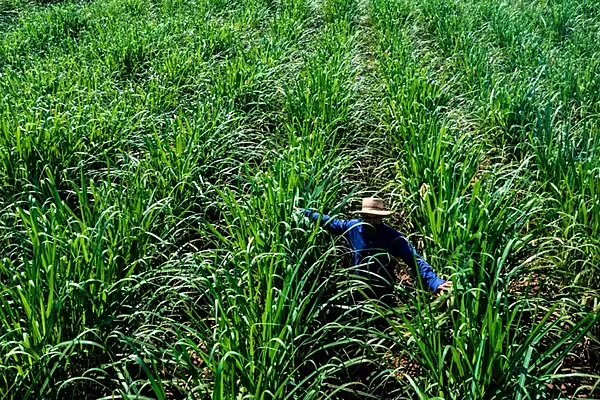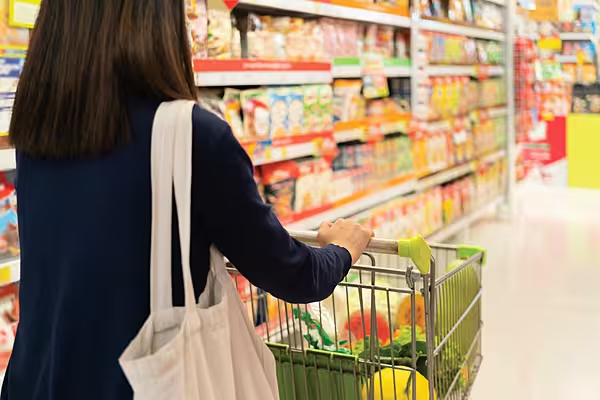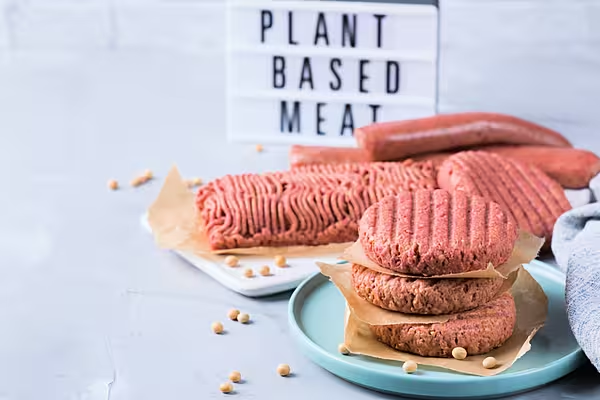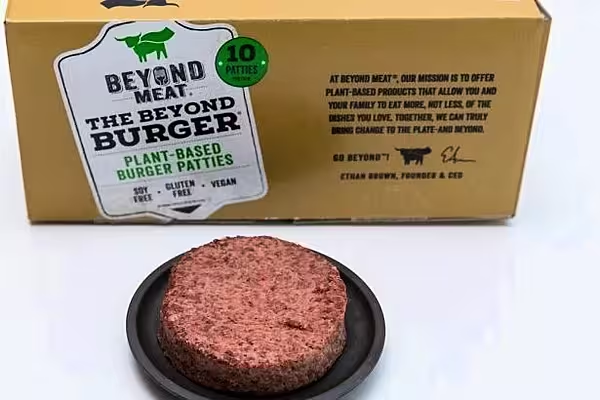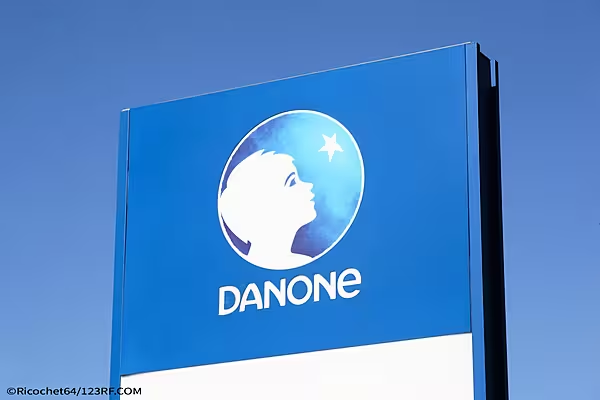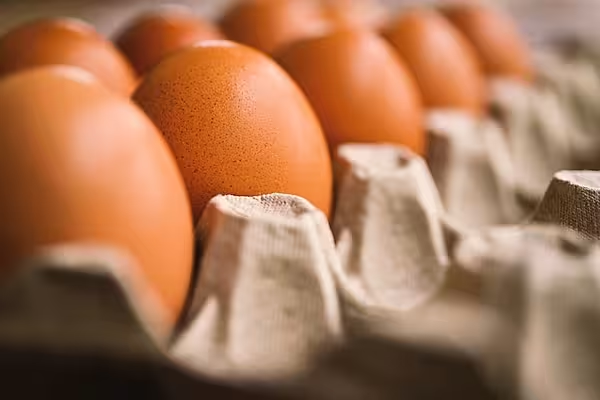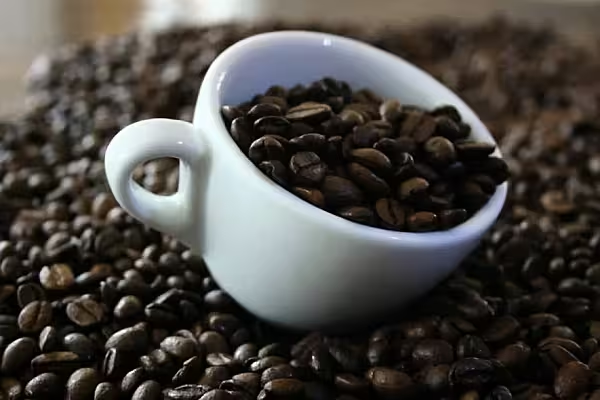Consumer goods giant Unilever has announced a strategic partnership with Nufarm to explore alternative raw materials for its laundry detergents and beauty and personal-care products.
The partners will focus on cultivating crops with significant biomass, to produce sustainable oils that are a source of fatty acids, the consumer goods giant noted.
Fatty acids are the core/base ingredient for various items, such as laundry detergents and beauty and personal-care products.
Plant oils like sunflower and canola are extracted from the seeds and fruits of plants.
Nufarm
In contrast, the technology developed by Nufarm uses the entire plant to derive ‘biomass oil’. It will include crops like sugarcane and sorghum.
Previously, Nufarm developed and commercialised a variety of sugar cane called energy cane, a sustainable crop that generates significantly more plant matter and sugar than traditional sugar cane.
The multimillion-euro investment from Unilever will use recent breakthroughs in biotechnology to develop a new, commercially viable variety of energy cane that can also produce biomass oil, the company noted.
Neil Parry, head of biotechnology at Unilever, said, “By continuing to invest in biotechnology, we aim to further unlock the power of nature and build a more sustainable and diverse supply chain for the future.
“The partnership with Nufarm enables us to identify alternative ingredients for our household, beauty and personal-care brands, which will further support our ambition to reach net-zero emissions across our value chain by 2039.”
Future-Proof Supply Chain
The initiative is part of Unilever’s efforts to build a more resilient and future-proof supply chain.
Nufarm’s energy cane offers various sustainability benefits, such as climate stress tolerance, drought resistance, more efficient protection of soil against erosion, and harvesting benefits for farmers and the environment.
Unilever seeks to replicate and build upon these traits in the new crop.
The new crop will also continue to produce sugar, which will find use in other biotechnology processes for speciality ingredients – such as fragrances, enzymes, and cleaning ingredients – used across Unilever’s portfolio.
The remaining plant fibre can be used for paper and board in packaging, as well as for renewable energy production.
Raw materials and ingredients account for approximately 52% of Unilever’s GHG emissions, making it the company’s largest emission source.
